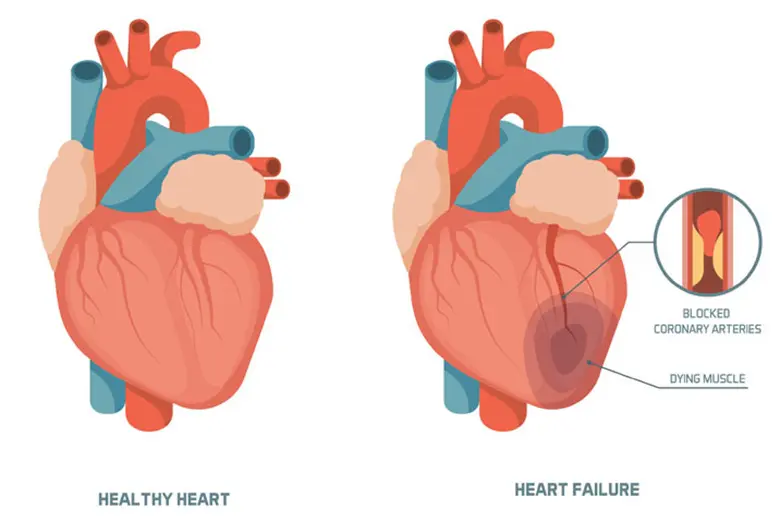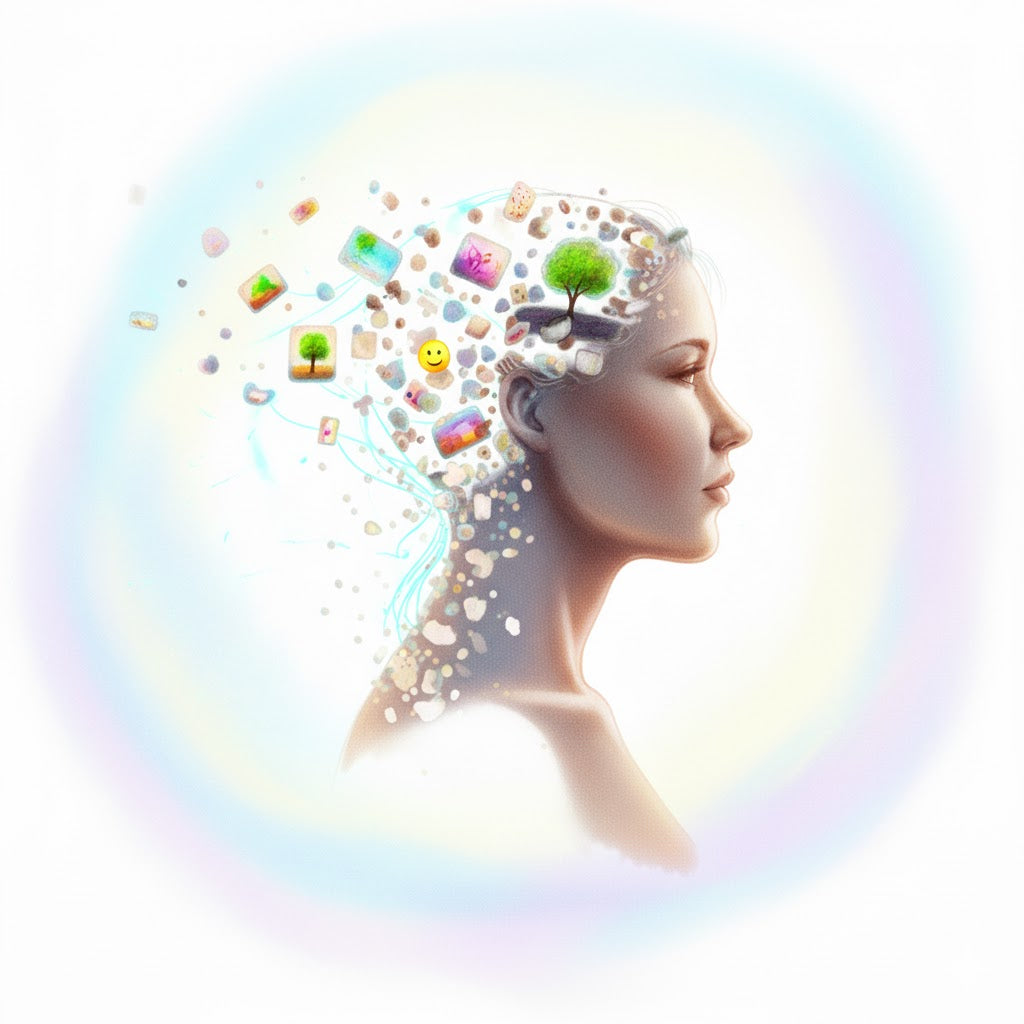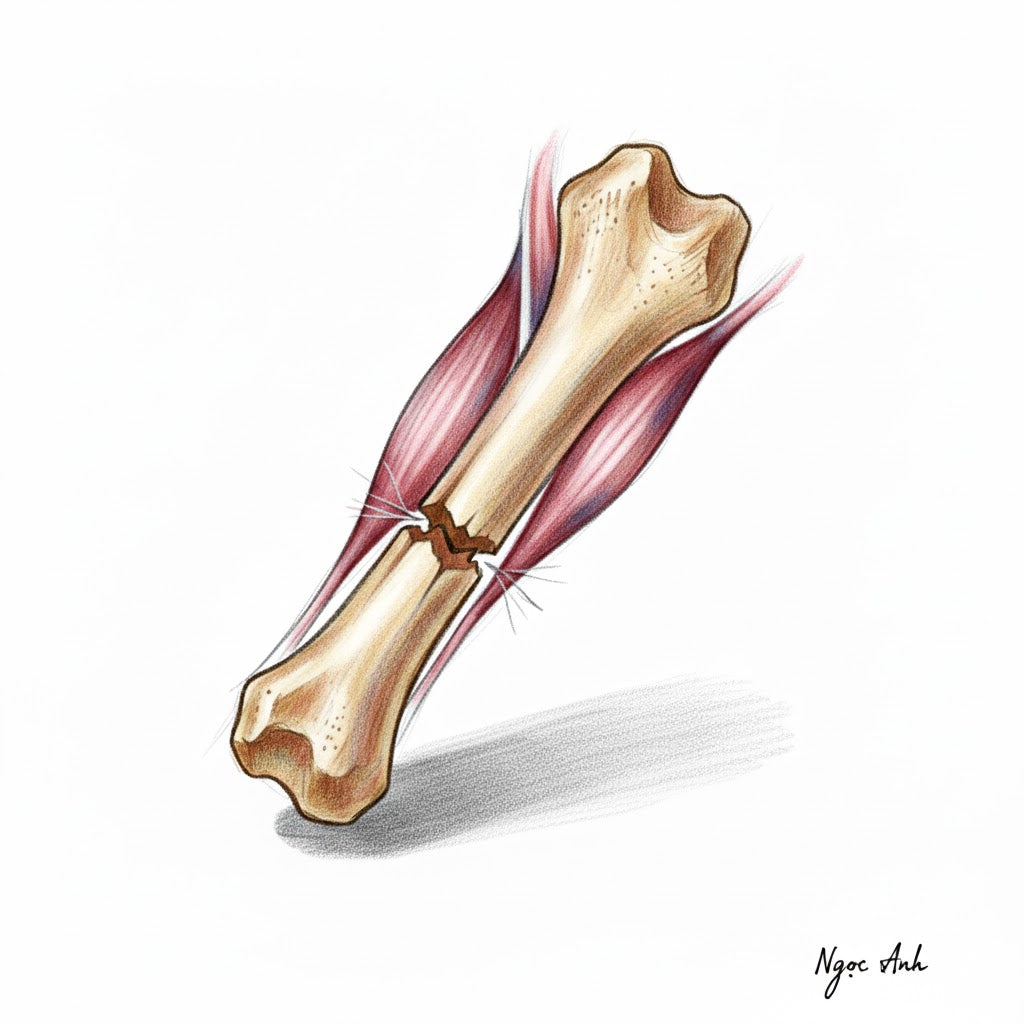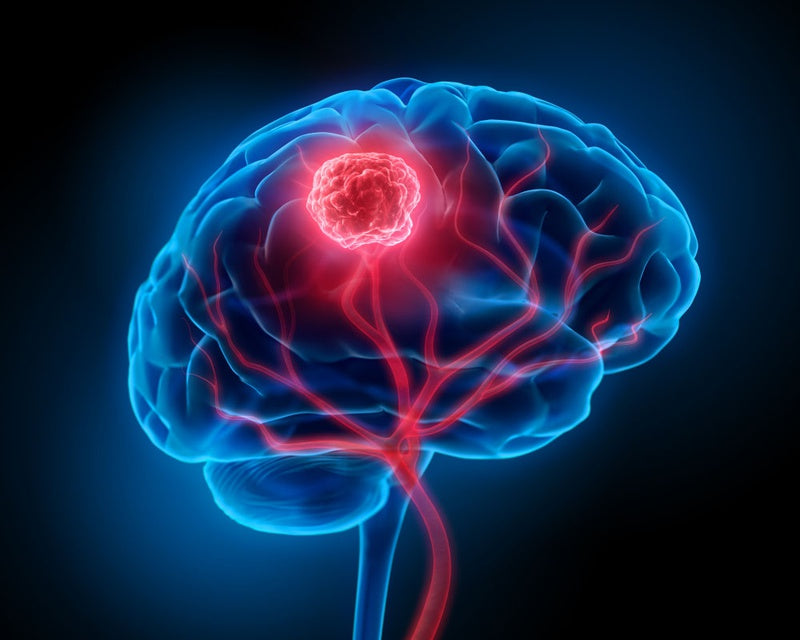Heart failure
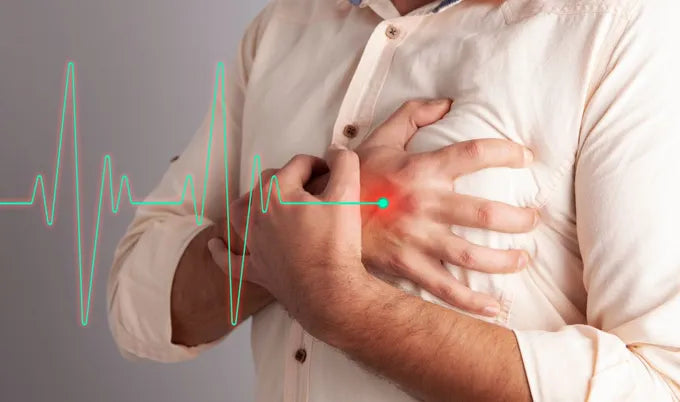
What is heart failure?
Heart failure is a condition in which the heart cannot pump enough blood to supply the body's tissues. It is also known as:
- Congestive heart failure
- Congestive heart failure
Heart failure deprives major organs and tissues in the body of oxygen and nutrients. As a result, organs and tissues may not function properly. This also leads to edema, which is the accumulation of fluid in the tissues.
Types of heart failure
There are different types of heart failure:
- Left heart failure , in which fluid can build up in the lungs and cause shortness of breath.
- Right-sided heart failure , in which fluid can build up in the abdomen, legs, and feet, causing swelling.
- Systolic heart failure , resulting in the left ventricle not being able to contract properly.
- Diastolic heart failure , which results in the left ventricle not being able to relax or fill properly.
Heart failure is a chronic disease with serious consequences. It affects your overall health, including your mental, physical, and social well-being. The prevalence of heart failure increases with age.
Although there is no cure for heart failure, a combination of lifestyle changes, medications, and sometimes surgery can help control and treat the condition.
What are the symptoms of heart failure?
A patient with heart failure may experience any of the following symptoms:
- Chest pain (angina)
- Fainting and dizziness due to insufficient blood and oxygen supply to organs and tissues
- Exhausted due to insufficient blood and oxygen supply to organs and tissues
- Shortness of breath due to fluid accumulation in the lungs
- Swelling of the feet, ankles, and legs due to fluid accumulation in veins and body tissues
- Weight gain due to excess fluid in the body
- Weight loss
Note: Heart failure is a serious medical condition that can also lead to sudden death.
When should I see the Emergency Department (UCC)?
If you experience any of the following symptoms, seek medical attention. examination at UCC department right:
- Faint
- Chest pain
- Very weak
- Rapid heart rate or arrhythmia accompanied by difficulty breathing, chest pain, or fainting
- Sudden, severe difficulty breathing accompanied by coughing up pink, foamy mucus
What causes heart failure?
Heart failure can be caused by heart disease and other conditions that affect the heart's ability to pump blood effectively. Common causes include:
- Cardiomyopathy is a disease that causes the heart muscle to weaken. Coronary artery disease and other heart conditions can lead to cardiomyopathy.
- Coronary artery disease is a hardening of the arteries that supply blood to the heart due to fatty deposits building up in the artery walls. This limits the heart's ability to pump blood. It is one of the most common causes of heart failure.
- Heart valve defects and congenital heart disease (heart defect from birth).
- High blood pressure makes the heart work harder to supply blood to the body.
Lifestyle factors such as excessive alcohol consumption and substance abuse can also contribute to heart failure.
What are the complications and associated diseases of heart failure?
Complications from heart failure depend on factors such as overall health and age. Complications may include:
- Arrhythmia or irregular heartbeat
- Heart valve problems , due to an enlarged heart or high pressure in the heart
- Liver damage , as heart failure can lead to fluid buildup. This puts increased pressure on the liver. Fluid buildup can also lead to scarring and further impair liver function.
- Kidney damage due to reduced blood flow to the kidneys.
- Kidney failure , may require blood filtration
- Death
How is heart failure diagnosed?
The doctor will first conduct a physical examination and ask about your symptoms and medical history.
Diagnostic tests
Your doctor may recommend diagnostic tests to rule out other possible conditions. Tests may include:
- Chest X-ray to check for pulmonary congestion or heart enlargement.
- Blood test to identify different biomarkers that can indicate or rule out certain diseases. These biomarkers also help monitor the function of other organs, such as the kidneys and liver.
- Cardiac stress test to check your heart rate, pulse, breathing rate, and blood pressure while you walk or run on a treadmill. This will show how your heart responds to exercise and whether the blood supply in your arteries is adequate.
- Electrocardiogram (ECG) to check heart rhythm and detect arrhythmia . An ECG can also show a thickened left ventricle, enlarged heart chambers, or whether you have had a previous heart attack.
- Echocardiography An echocardiogram is an ultrasound image of the heart. This test evaluates the different structures and functions of the heart to check how well it is pumping blood. It can also identify possible causes of heart failure.
- Myocardial perfusion scan , in which a radioactive nuclide is injected into the blood. This test shows how well the heart chambers are working or whether a heart attack has damaged the heart.
- Cardiac catheterization , in which a dye is injected using a small tube called a catheter. This is followed by an X-ray to take pictures or angiography to show any blockages in the coronary arteries.
- Magnetic resonance imaging (MRI) to see the structures of the heart such as the muscles, valves, and chambers. The MRI will also show any scarring (permanent damage) of weakened heart muscle.
How is heart failure treated?
Your doctor may recommend a combination of lifestyle changes, medications, and surgery to treat heart failure.
Change your lifestyle habits
To improve heart health, your doctor may recommend that you:
- Quit smoking
- Adopt a healthy diet
- Use less salt to reduce swelling
- Reduce or eliminate alcohol and other harmful substances
- Exercise regularly
Medication
To improve the condition, your doctor may prescribe the following medications:
- Diuretics to help remove excess fluid from the tissues
- Vasodilators, angiotensin-converting enzyme (ACE) inhibitors, angiotensin II receptor blockers (ARBs), or beta-blockers to lower blood pressure and control heart rate
Surgery
Your doctor may recommend surgery to correct heart abnormalities that cause heart failure.
If you have end-stage heart failure, your doctor may recommend:
- Defibrillator . This is a device similar to a pacemaker that delivers an electric shock to the heart in the event of a dangerous irregular heartbeat. If appropriate, your doctor may implant a special type of defibrillator, called a cardiac resynchronization therapy (CRTD) defibrillator, to help your heart beat better.
- Ventricular assist device (VAD). This device acts as a mechanical pump to support a weak heart. It may be an alternative for people with severe heart failure who are waiting for a heart transplant or who are not candidates for a heart transplant.
- Heart transplant . If you don't respond to other treatment options, your doctor may recommend a heart transplant from a suitable donor.
-------------------------------------------------------------------------------------------
👉 Contact SunCare for medical support and advice as well as professional private jet transportation services 🇸🇬 SUNCARE PTE. LTD SINGAPORE
🏠 Add: 10 Anson Road, #10-11 International Plaza, Singapore 079903
☎️ Hotline: +65 96727717 (Dr. Lien Minh - Director) Zalo, Viber
📨 Email: suncarehealth@gmail.com


